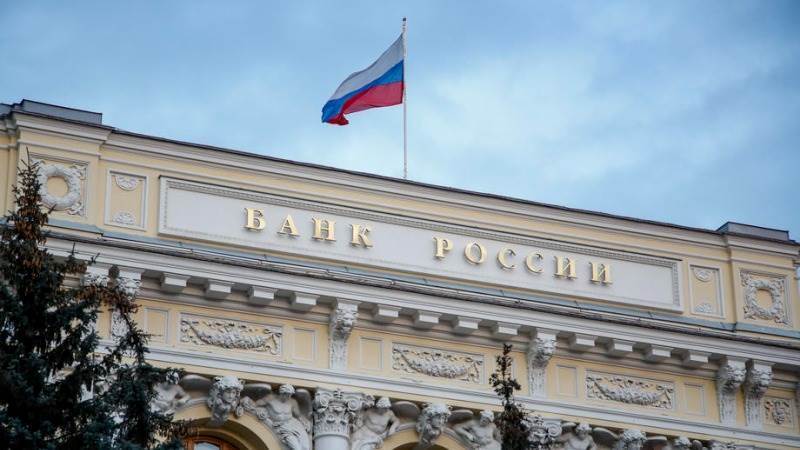In the midst of a US financial blockade, Russia has threatened to make dollar bond payments in ruble rather than dollars. The Kremlin has defended this move, saying Russia has adequate resources to meet its debt obligations. Even so, foreign investors view the move as a bankruptcy, especially in light of the 1998 debt crisis. Despite the risk of a default, the Russian finance ministry says it has the resources to pay its debts.
Russia’s President Vladimir Putin has said “unfriendly” countries will be forced to pay for Russian gas imports in rubles, driving up the value of the ruble. Other recent developments show that the country is preparing to take retaliatory measures following the expulsion of US diplomats. Moreover, the Russian government has banned exports of about 200 items until 2022. These include agricultural, medical, timber, and telecoms products. The country has also stopped paying interest to foreign investors who hold government bonds in dollars. The blockade has slowed the sale of billions of dollars of Russian stocks.
The Russian currency has recovered some of its purchasing power, with the ruble trading at around 103 rubles to the dollar. The US blockade forced the central bank to freeze its foreign currency reserves to prevent Russia from buying their own currency. In response, Russia forced many exporting companies to exchange 80 percent of their hard currency revenues in dollars and rubles. The resulting shortage of foreign currency has led to a rise in the price of imported goods and an increase in the inflation rate in Russia.
However, the payment from Russia has not been a smooth process. The payment has been delayed by banks checking for sanctions, and some investors are still waiting to receive their payment. The United States and Europe plan to impose new sanctions on Russia this week, in response to the Russian military’s actions in Ukraine. While Russia calls the military move a “special military operation,” Ukraine says it is illegal. The Russian government has a 30-day grace period before defaulting on its international debts.
While the US is threatening new sanctions against Russia, other governments are also planning to take action. The European Union has proposed a ban on Russian coal imports and has remained quiet on other actions. The US government has said that the sanctions are designed to force Russia to use its domestic dollar reserves to pay its obligations. It is not clear whether the new measures will have any real impact and are unlikely to be much stronger than existing sanctions.
The situation is so dire that many financial transactions in Russia are now blocked. Global shipping companies have stopped delivering goods to Russian ports, and a recent wave of Western corporate departures is preventing the country from producing consumer goods and providing jobs. As a result, inflation is climbing at a rate of two percent a week, and some economists have forecast that the economy will contract by 15% this year.

